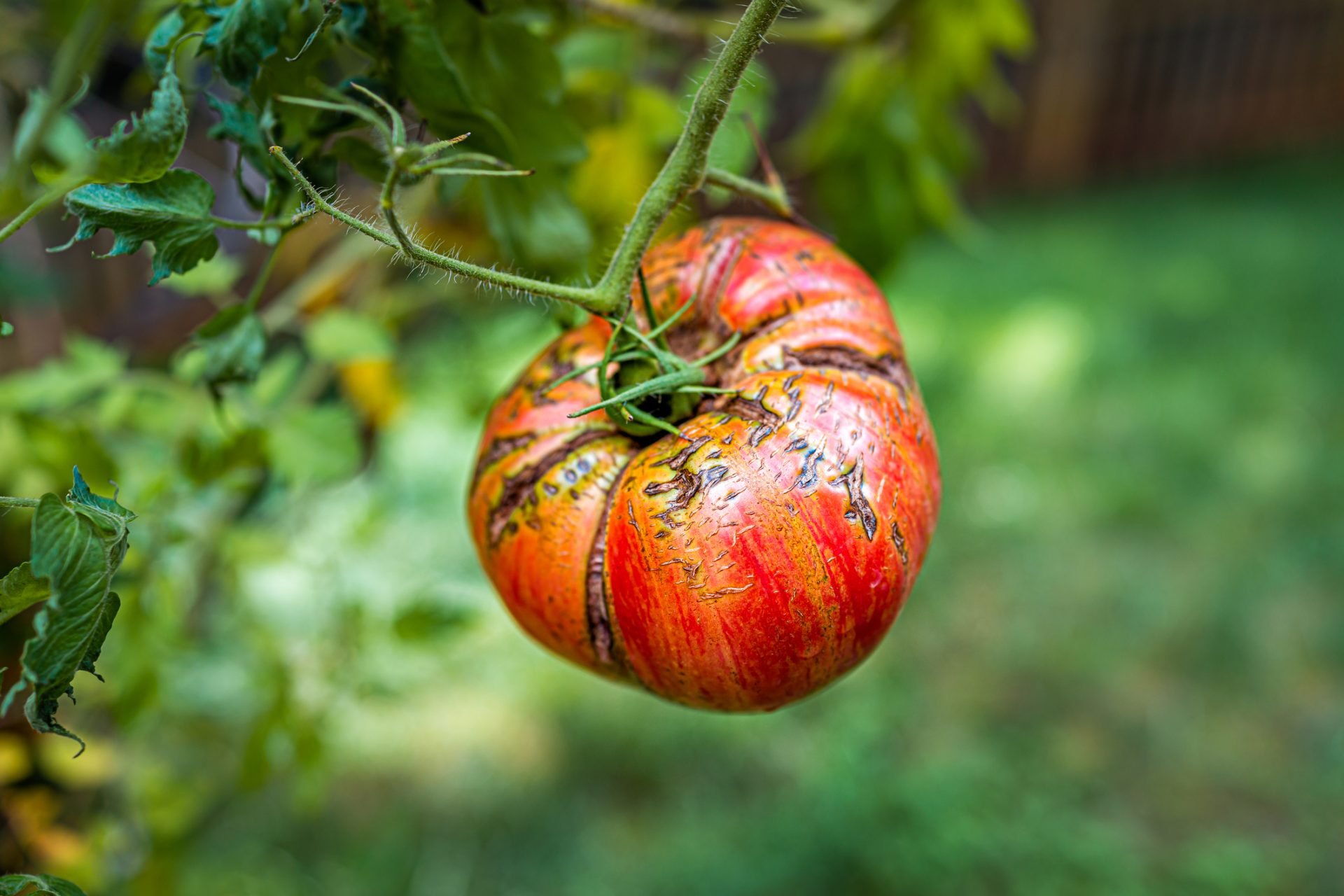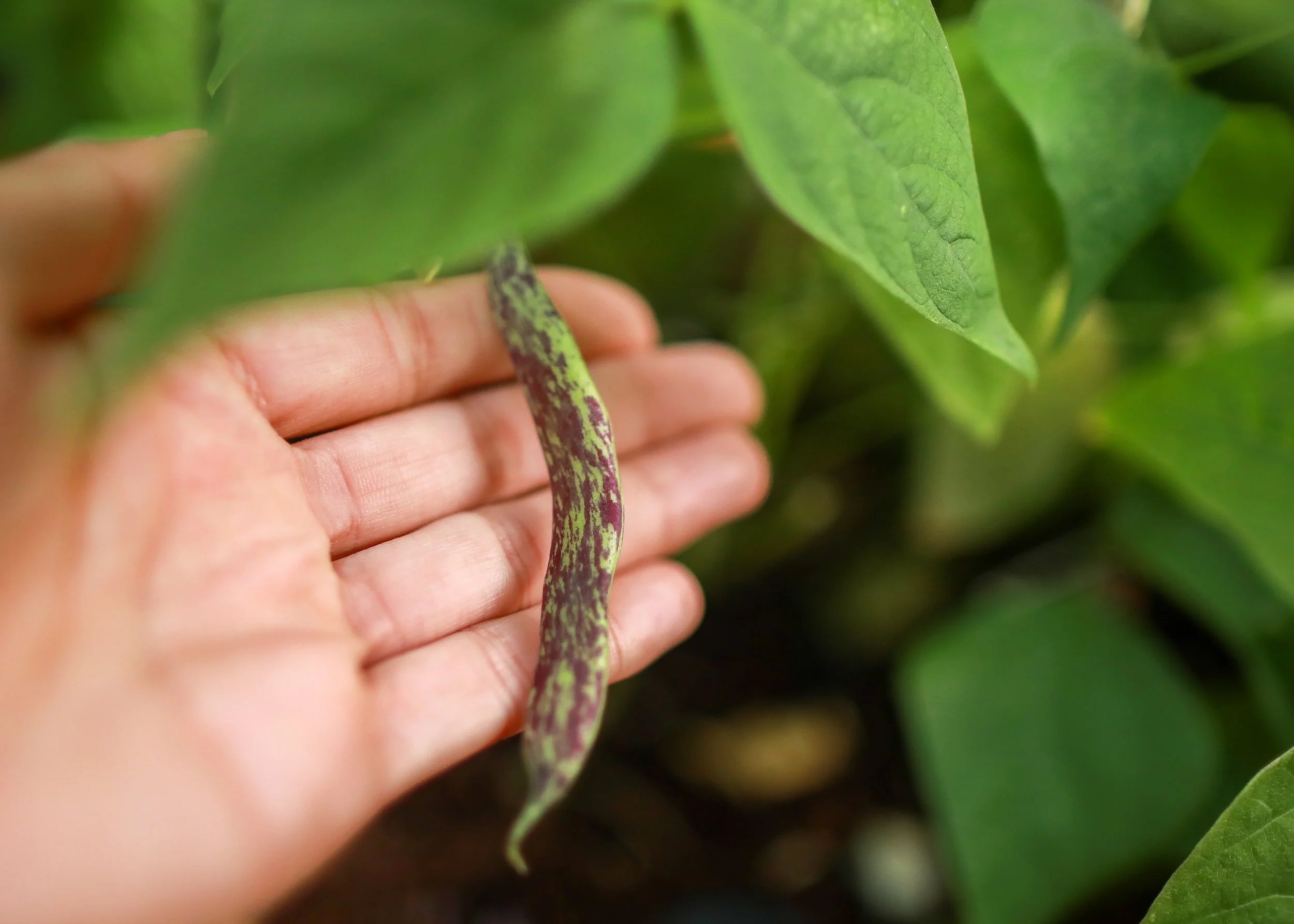Hybrid vs Heirloom Seeds
What's The Difference
Discover > Grow Your Own Food > Hybrid vs Heirloom Seeds
Nowadays, a lot of individuals are concerned about diet and health. When grocery shopping, another thing to do is read and comprehend food labels, nutritional data, and ingredient lists. Gardeners who are concerned about their health also want to know where their seeds (how long do seeds last?) come from. What kind of seeds should they invest in to get the most out of their money? Are they organic? Chemical-free? Unmodified? Open-pollinated? Hybrid? Heirloom?
As if growing plants is not complicated enough, purchasing seeds can be extra confusing as well. How do you choose? Many people get confused when checking out seed packages. What is the difference between Hybrid vs Heirloom seeds, what do they really mean and why do they matter?
Hybrid Seeds
By the term itself, “hybrid” is a combination of two varieties, a mixture of two elements or species. This selective plant breeding is done through careful cross-pollination of two specific plant varieties whose main purpose is to bring the best traits in each of the chosen varieties so that the resulting seed or offspring will contain all of those traits. Hybrids are bred to increase the desired characteristics of the plants they create such as to improve yield, size, color, increase disease resistance, and more. However, they are unpredictable when it comes to producing true copies reliably. Seeds from the first generation do not guarantee similar outputs, thereby it is not a good idea to save them for future planting. New seeds must be purchased for each season.
Heirloom Seeds
Heirloom often stands for something traditional, time-tested or handed down by generations. Similarly, an heirloom seed is an old-time variety, passed down through multiple generations. To be considered an heirloom variety, that particular plant species need to be at least 40-50 years or more. All the changes that occurred to the plant during all the years of cultivation happened naturally. That is how they develop desirable traits such as disease and pest resistance, as well as the ability to thrive in their specific climate and weather conditions.
Heirloom plants have been tested by time and they must be open-pollinated. This implies that they are pollinated in a natural manner without human invention. This includes pollination done by insects, birds, wind or any other natural methods. They tend to have consistent characteristics from year to year.
Which Seed Should I Buy?
So the question remains, which seed is right for me? Which seed should I buy? Here below are some pros and cons of both hybrid and heirloom seeds which can hopefully help one make an informed decision.
Hybrid Seeds Advantages
Hybrid seeds tend to perform better. They are reportedly easier to grow and can grow more quickly and have more yield as compared to their non-hybrid counterparts. This can mean an increased return for most farmers.
Hybrid plants bounce back from stressful situations more readily as they are often cultivated to have ideal characteristics such as disease and pest resistance and good production.
Hybrid Seeds Disadvantage
Hybrid seeds tend to be more expensive due to the special pollination process they undergo.
With hybrid plants, seed-saving is impractical. The seeds collected from hybrid plants will not produce the same true-to-type quality plants when replanted. New seeds must be bought at the beginning of each season.
In times of extreme weather conditions or introduction of new disease or garden pests, the genetic uniformity of hybrid plants can become problematic as they are not flexible to withstand variable changes.
Heirloom Seeds Advantages
Heirloom seeds are often boasted to come from a wonderful variety thereby having a greater flavor and having an exceptional taste. One of the reasons they have been saved for decades is because they are the best performers in the garden.
Heirloom plants generate seeds that may be stored and transplanted. You can save a lot of money just by doing this. Plus, storing seeds from the most successful heirloom plants ensures a better and more consistent variety year after year.
Heirloom seeds are almost if not always less expensive as compared to hybrid seeds.
Heirloom plants are “less uniform” when compared to hybrids which means they often don’t ripen all at the same time. This is an advantage for home gardeners who would appreciate a rather gradual supply of fresh produce.
Heirloom Seeds Disadvantages
Heirloom seeds are not as well-rounded as hybrid seeds. They are much more vulnerable to diseases and pests.
Heirloom seeds tend not to produce as much as hybrid seeds do.
Choosing to use whether hybrid or heirloom seeds remains to be a personal choice for a gardener. What you would like out of your garden will best determine which option is right for you.
Looking for tools, equipment, or other essentials to start you off on your homesteading journey? Check out BootStrap Farmer for some homesteading equipment that’s designed to last!
Looking for seeds? SeedsNow has an amazing selection of seeds to help you start off your homesteading journey right!
*This is the fifth in an ongoing series that teaches homesteading in Texas. This is not a sponsored post although it may contain affiliate links to recommended products and/or services
Go back to the previous article: Why Growing Organic Is The Way To Go




